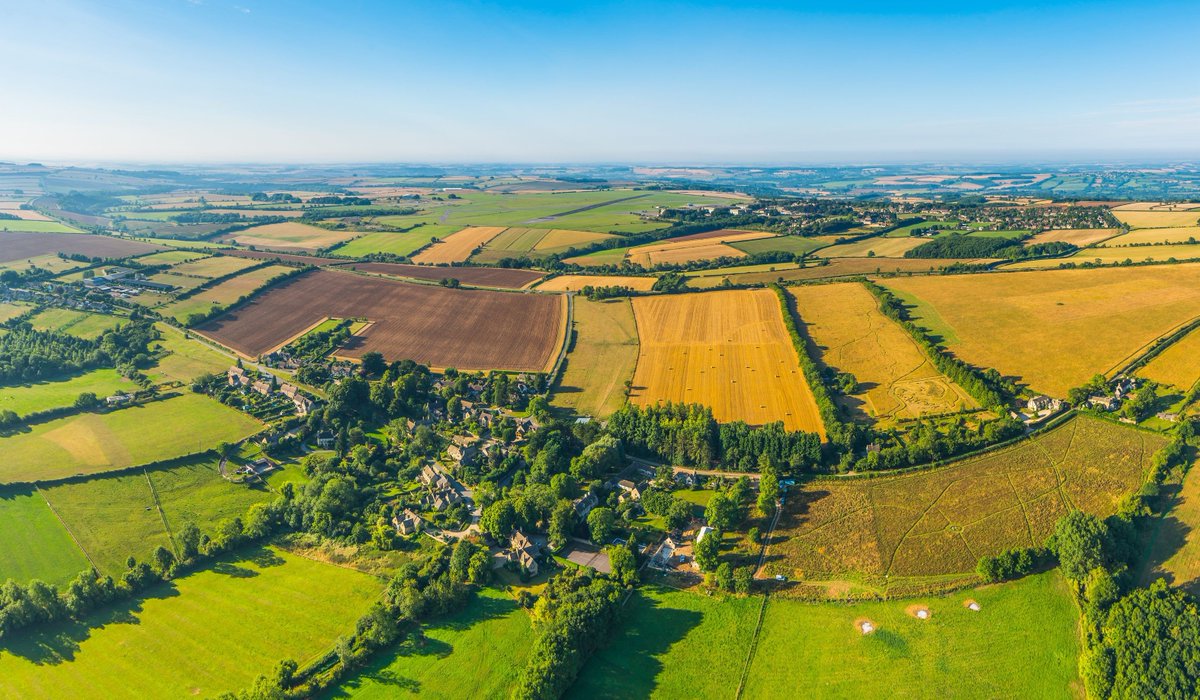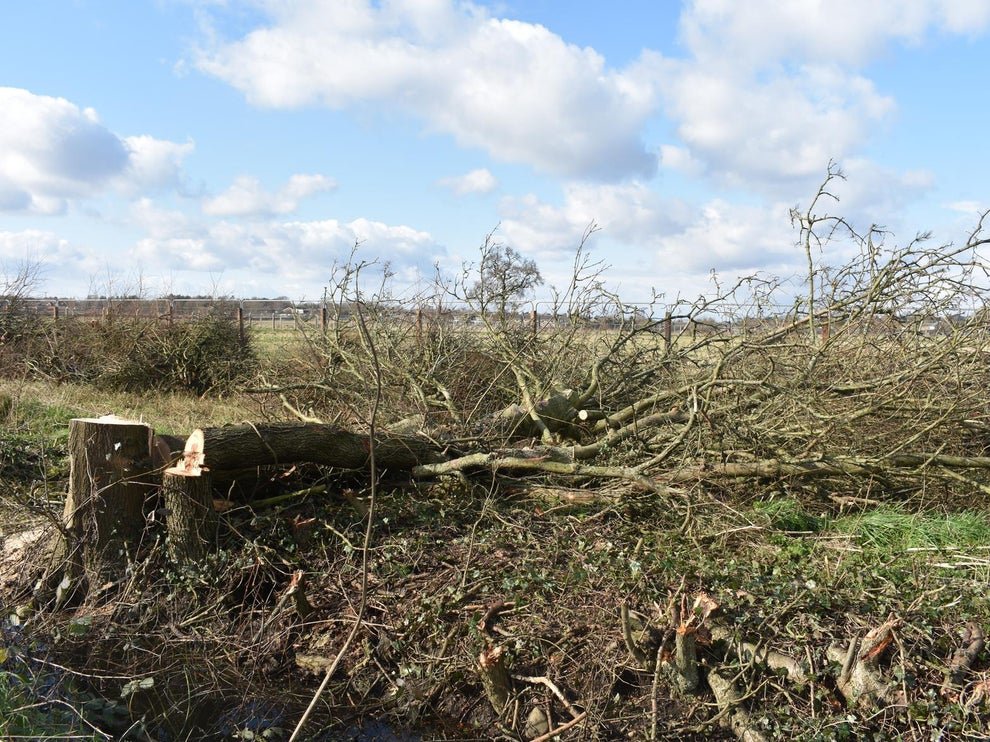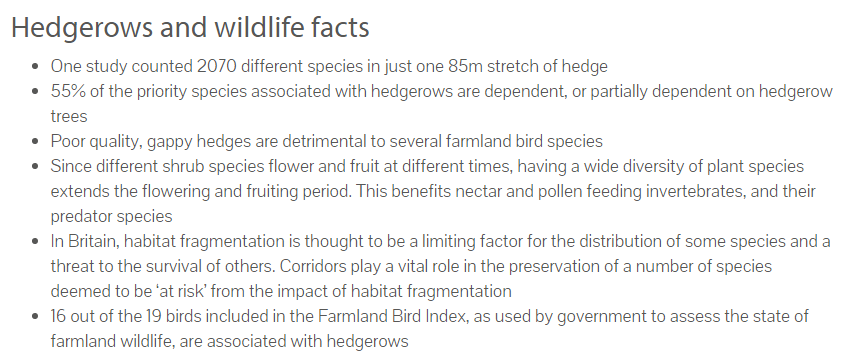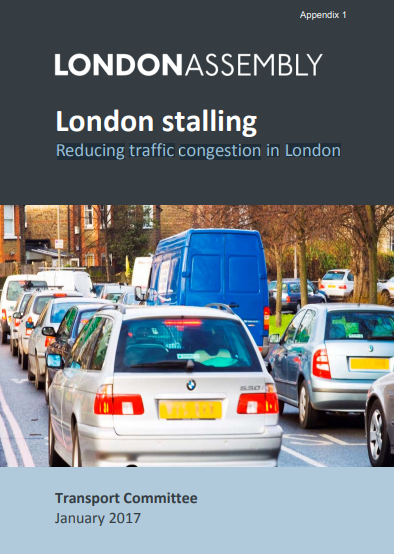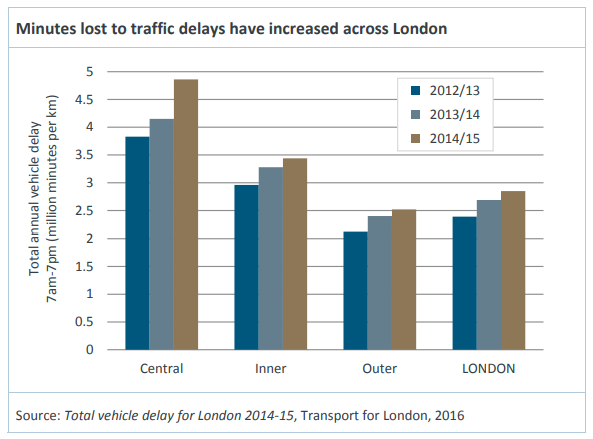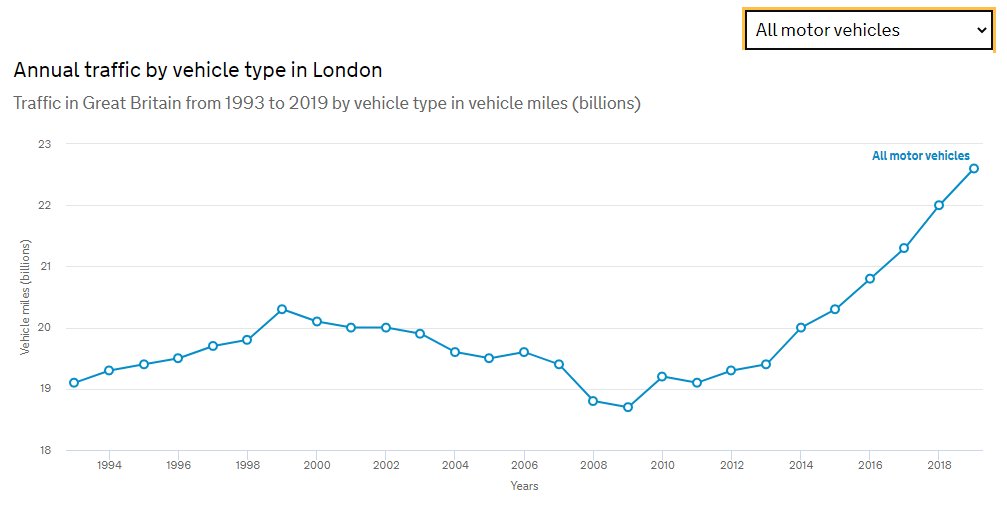
When people say LTNs are 'divisive', what they really mean is 'let's go back to the days when we could drive wherever they wanted without any push-back'. All LTNs do is highlight the unsustainability of doubling the number of cars on our roads to 40 million in 30 years.
It's strange the same people didn't think 40,000 premature deaths in the U.K from air pollution - to which cars make a disproportionate contribution - long before the new Low Traffic Neighbourhoods was 'divisive'. Why? Because the media wasn't interested in our concerns.
It's strange the same people didn't think the disproportionate impact of air pollution on working class and minority ethnic communities from air pollution - to which cars make a disproportionate contribution - long before the new LTNs was 'divisive'. imperial.ac.uk/news/163408/et…
It's strange that those quick to emphasise the 'divisiveness' of LTNs were silent on the 3.9 billion increase in the number of miles driven through London's neighbourhoods between 2009 and 2019. 

Where, I keep asking myself, are all the BBC stories about the 'divisiveness' of a 40% increase in pedestrian and cyclist casualties on London's residential roads between 2007 and 2018?
https://twitter.com/willnorman/status/1338454313241284611
Where's the @LBC phone-in about the 'divisiveness' of London's 15,000km of roads being heavily-subsidised for, and largely for the use of, drivers, rather than all road users?
https://twitter.com/jonburkeUK/status/1367830560832380928
The willingness of the media to adopt one issue as 'divisive', while ignoring the profound impacts of failing to address the issue, speaks volumes about the power relations of our society, in which the well-off and well-connected are given more of a voice than those who aren't.
...and nothing illustrates this more than the time and effort dedicated by the BBC/Times/Telegraph to creating the perception that a minority of anti-LTN voices represent mainstream opinion, when we know from polling that this isn't the case...
https://twitter.com/jonburkeUK/status/1391129054405931011
...and, after last week's local elections, in which anti-Low Traffic Neighbourhoods candidates from Levenshulme to Hackney were comprehensively rejected at the ballot box, we now know what the mainstream opinion really is...
https://twitter.com/jonburkeUK/status/1391303468883775490
• • •
Missing some Tweet in this thread? You can try to
force a refresh


